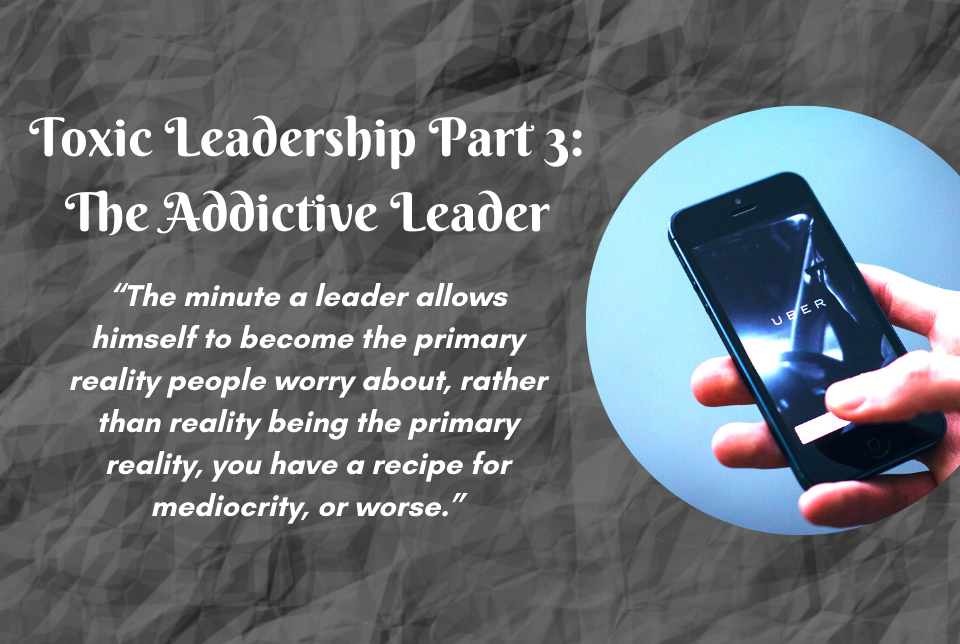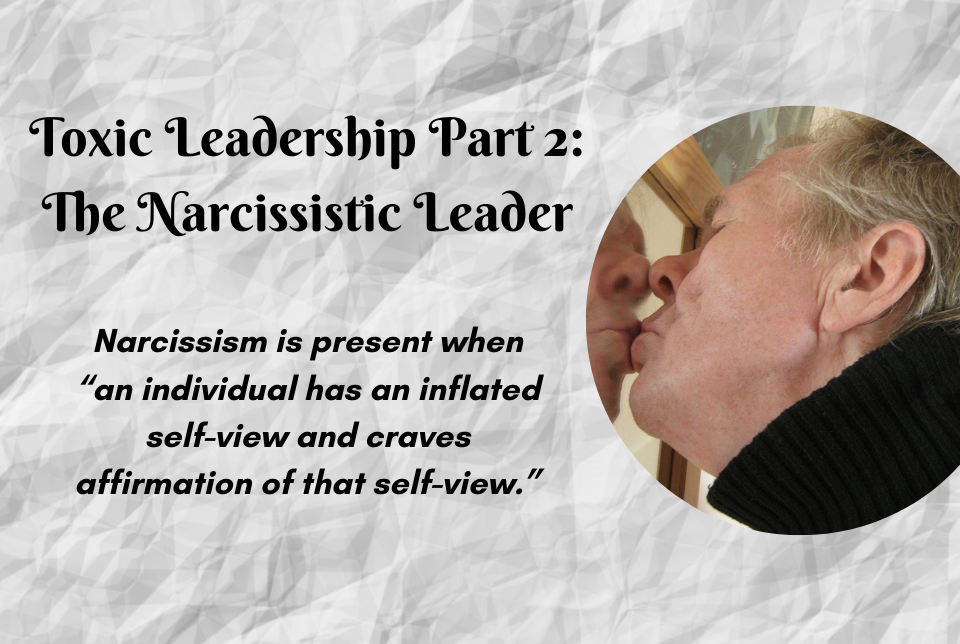Servant Leader Discipline #1 : Values People
The second in a seven-part series:
Servant leaders produce healthy organizations by practicing six key disciplines.
The first of these disciplines is valuing, truly valuing people.
Servant leaders Value People. Servant leaders believe in and trust the people they lead taking the bold step of trusting others first and seeing this as the best strategy for developing trustworthiness in others. They listen non-judgmentally, asking for the ideas and feedback of others and truly wanting to know what they think. Through this they accept and give value to their workers, not based on what they do but on who they are.
Serving Other’s Needs before their Own. This is the essence of servant leadership; putting others before self. Easy to say, very hard to do. Greenleaf put it well; “It begins with the natural feeling that one wants to serve, to serve first. Then conscious choice brings one to aspire to lead” (1970, pp. 13-14). We all know that natural feeling, the deep sense of personal satisfaction that comes from serving others, giving freely to them with only the expectation of seeing them flourish.
But, in all of us this “natural feeling” is opposed by a deep self-centeredness, driven by fear, that tells us that by serving I take on too much risk. I fear losing out to others who may not have my best interest in mind. Serving, for the servant leader, is its own reward. When serving those we lead, putting their needs above our own, we are in the best position to watch them grow more, perform higher and learn to serve others well.
Trusting & Believing in People. Consider this account from Leveraging the Power of Servant Leadership: Building High Performing Organizations (Laub, 2018) on the issue of trust.
The Trust Game was developed by Berg, Kikharut, and McCabe (Seidman, 2007) to determine if people are more apt to trust or distrust others. Here’s how the game works. People who do not know each other are paired randomly and connected remotely through computers. Each participant is paid a sum of money they are free to use as they choose within the game. The first decision maker (DM1) is instructed to send any amount of money they choose to the other person (DM2) knowing that the amount they send will be tripled in the others’ (DM2’s) account. DM2 then may share whatever he or she chooses in response to the gift from DM1. In the game, there is no obligation to give any money away or to give any money back and both DM1 and DM2 are aware of this.
The trust issues are clear.
Will a person give freely to a stranger who may or may not give anything in return? The research revealed that 75% of DM1s sent money to their partner (DM
2) and an even higher ratio of DM2s sent money back. Seidman put it this way, “It would seem that humans, at a very early stage of mental development are hardwired with the ability and desire to connect with and help others, despite the fact that doing so engenders great risk and returns no obvious reward” (2007, p. 69).
Servant leaders choose to trust others, deciding to give trust as a gift so that others can feel the power of this trust even before they work to earn it. Giving trust as a gift is a powerful way to serve those you lead. It empowers people to perform at higher levels knowing that their leaders believe in them.
Receptive, nonjudgmental Listening.
Many leaders typically speak more and listen less.
Servant leaders do the opposite.
When we listen to others in an open nonjudgmental way, we show respect and value for them as a person. We encourage them to speak out and take the lead knowing that they can make a difference.
“We must be silent before we can listen. We must listen before we can learn.
We must learn before we can prepare, we must prepare before we can serve”
W.A. Ward (1970).
Over the remaining five articles in this series we will dig further into each of the remaining key disciplines of servant leadership to better understand how they work, how they are perceived, and how they are critical for developing organizational health and performance.
I welcome your thoughts and questions.
Your Fellow Servant,
Jim
__________________________________________________________________________
Laub, J.A. (2017). 40 days toward a servant leader mindset. Jupiter, Florida: Servant Leader Performance.
Laub, J.A. (2018) Leveraging the power of servant leadership: Building high performance organizations. Cham, Switzerland: Palgrave MacMillan.






